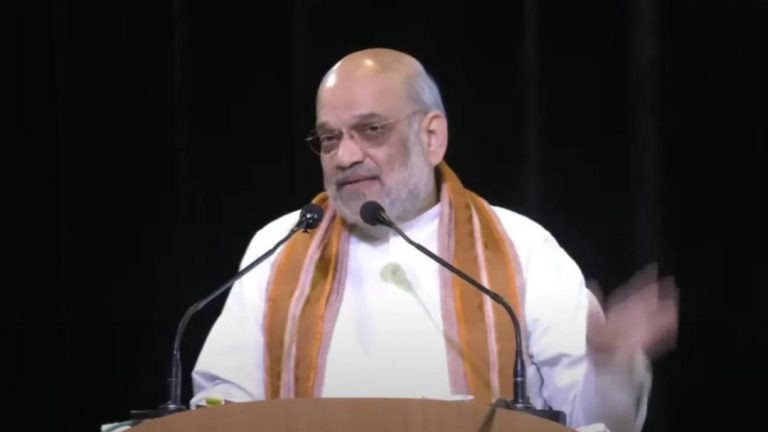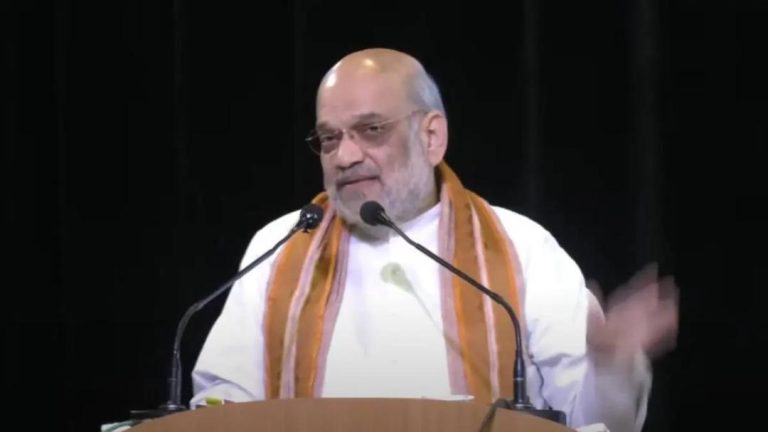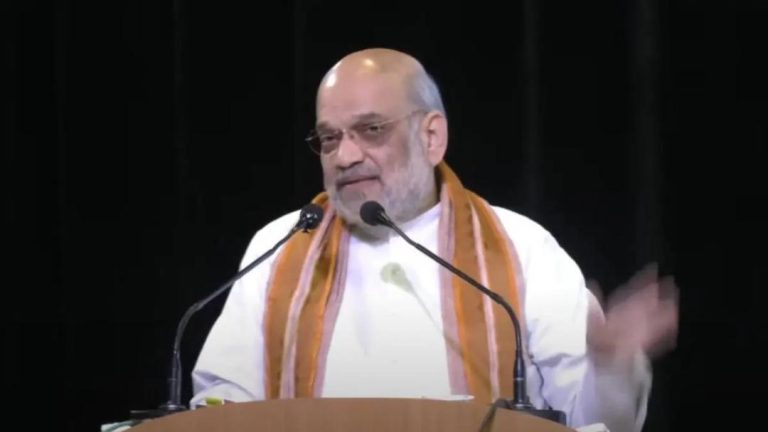
IT Employees Burn Murthy, L&T Chief’s Effigies for Proposing Longer Workweeks
The IT industry in Bengaluru has been abuzz with a recent controversy sparked by two prominent business leaders, Infosys Founder Narayana Murthy and L&T Chairman SN Subrahmanyan. The two industry giants have sparked outrage among IT employees by proposing longer workweeks, leading to a strong backlash from the IT employees’ union in Karnataka, KITU. The union took to the streets to protest against exploitative work practices and burnt effigies of Murthy and Subrahmanyan, despite attempts by the Bengaluru Police to stop them.
The controversy began when Murthy, in an interview, suggested that IT employees should work 70-hour workweeks to keep up with the demands of the industry. This proposal was met with widespread criticism from IT employees, who felt that it was an unrealistic expectation that would lead to burnout and negatively impact their work-life balance. Just days later, Subrahmanyan, the Chairman of L&T, echoed similar sentiments, suggesting that employees should work 90 hours a week to meet the growing demands of the industry.
The proposals by Murthy and Subrahmanyan sparked outrage among IT employees, who felt that it was an attempt to exploit them and extract more work from them without providing adequate compensation or benefits. The IT employees’ union in Karnataka, KITU, decided to take a stand against the proposals and organize a protest to express their discontent.
On Tuesday, a large number of IT employees gathered at the KITU office in Bengaluru, where they burnt effigies of Murthy and Subrahmanyan. The protest was peaceful, with the employees carrying placards and banners that read “No to exploitative work practices” and “Respect our rights”. The Bengaluru Police tried to stop the protest, but the employees refused to budge and continued to burn the effigies.
The protest was a significant show of solidarity among IT employees, who are often seen as being at the mercy of their employers. The employees are demanding better working conditions, including a reduction in working hours, more flexible work arrangements, and better compensation and benefits.
The IT industry in Bengaluru has been growing rapidly in recent years, with many multinational companies setting up operations in the city. However, the industry has also been criticized for its exploitative practices, with employees often working long hours for little or no additional compensation. The proposals by Murthy and Subrahmanyan have only added fuel to the fire, with many employees feeling that they are being asked to work longer hours without being compensated properly.
The IT employees’ union in Karnataka, KITU, has been vocal in its opposition to the proposals, and has demanded that the government take action to protect the rights of IT employees. The union has also called for a nationwide strike, with employees from other parts of the country also joining the protest.
The controversy has also sparked a debate about the future of the IT industry in Bengaluru. While some have argued that the proposals by Murthy and Subrahmanyan are necessary to keep up with the demands of the industry, others have argued that it is an unsustainable model that will lead to burnout and negatively impact the quality of work produced.
The incident has also raised questions about the role of business leaders in society. While business leaders are expected to be visionary and innovative, they also have a responsibility to ensure that their employees are treated fairly and with dignity. The proposals by Murthy and Subrahmanyan have been criticized for being out of touch with the reality of the IT industry, and have sparked a backlash among employees who feel that they are being exploited.
In conclusion, the controversy surrounding the proposals by Murthy and Subrahmanyan has sparked a significant backlash among IT employees in Bengaluru. The employees have taken to the streets to protest against exploitative work practices, and have burnt effigies of the two business leaders. The incident has raised important questions about the future of the IT industry in Bengaluru, and has sparked a debate about the role of business leaders in society.





